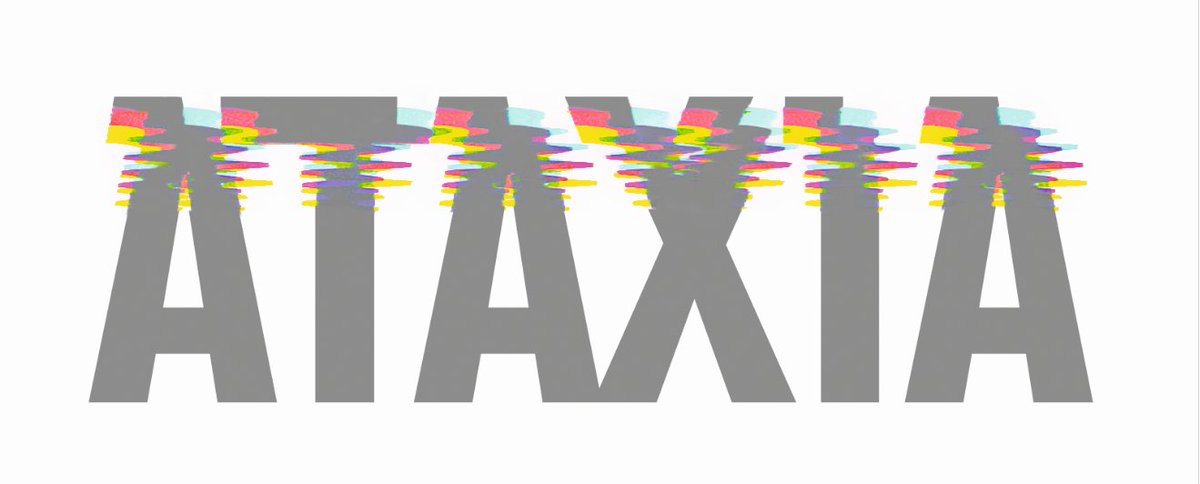People with ataxia may experience difficulty with controlling timing, force, direction and rhythm of movements making everyday tasks such as walking and standing difficult. Depending on the cause of ataxia, people may also experience tremor, altered balance, impaired sensation and increased risk of falls, as well as fatigue.
Neurological physiotherapy promotes improved function by including a variety of exercises and strategies to target various symptoms:
- Static and dynamic balance activities with eyes open and closed, on different surfaces and at varying speed and complexity
- Trunk muscle stability exercises incorporating arm and leg movements in a variety of positions
- Practise and training of balance reactions
- Repetitive functional task training with focus on control, timing, force, direction and speed
- Consideration and review of oculomotor (eye movement control) symptoms
- General fitness and strength for everyday living
- Discussion and education about fatigue management
Physiotherapy can help with the management of ataxia but requires an extensive amount of practise for adaptation and compensation to occur. Neurological physiotherapists can support people with ataxia to identify the most appropriate exercises for the best outcomes.
Transitions Physiotherapy can visit people in their home and set up a home exercise program or provide 1:1 therapy.
Studio based 1:1 physio and and small group circuit therapy is also available at Kingsley Studio. Kingsley Studio is a great space which includes exercise equipment for strength and fitness; pilates equipment (including reformer) for movement control and strength; and equipment for challenging balance.
Get in touch 0416 492 491 or transitionsphysiotherapyperth@gmail.com

